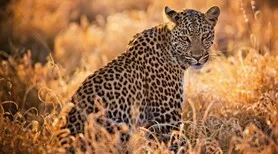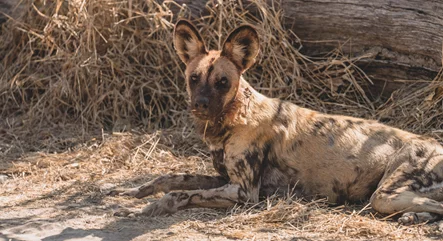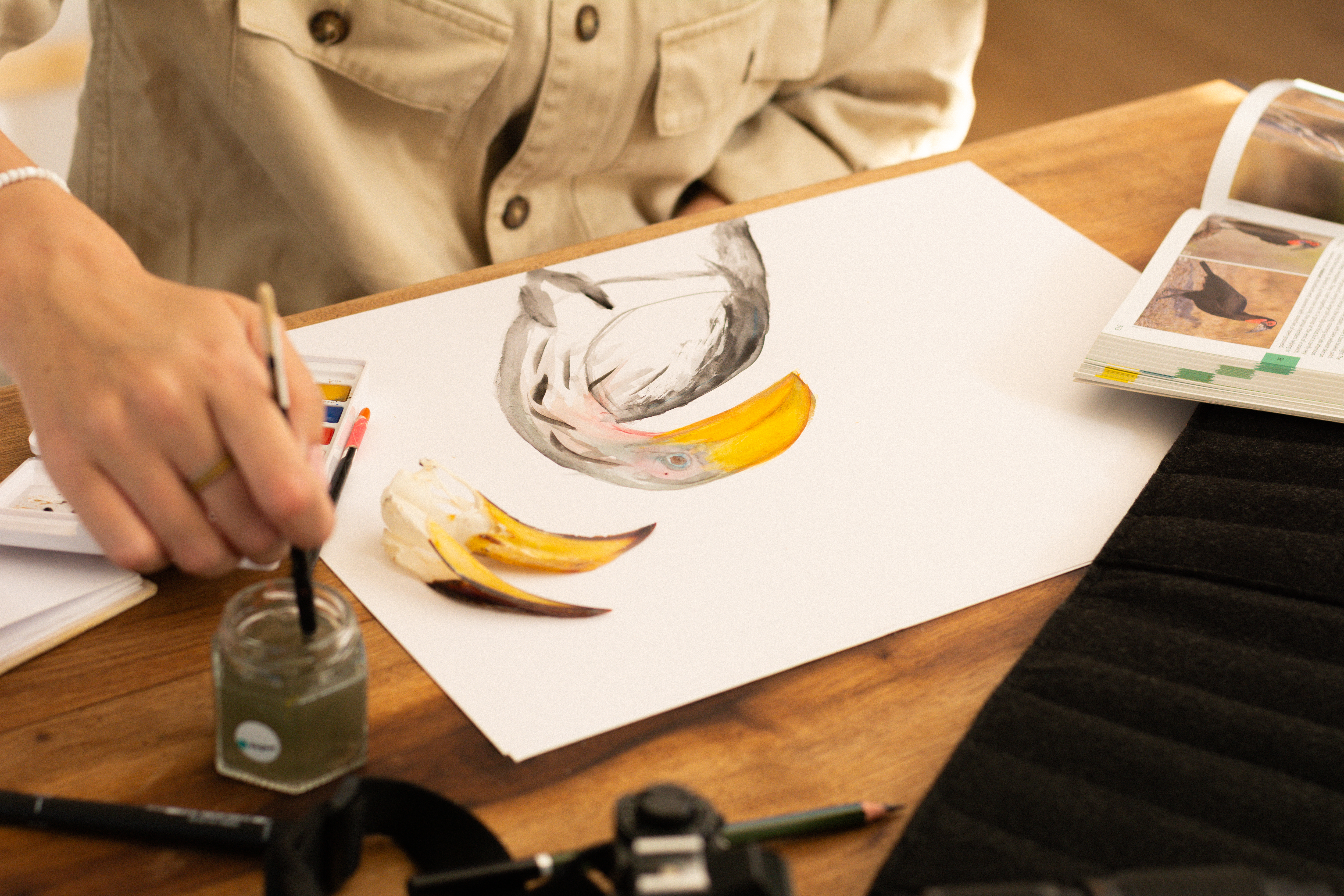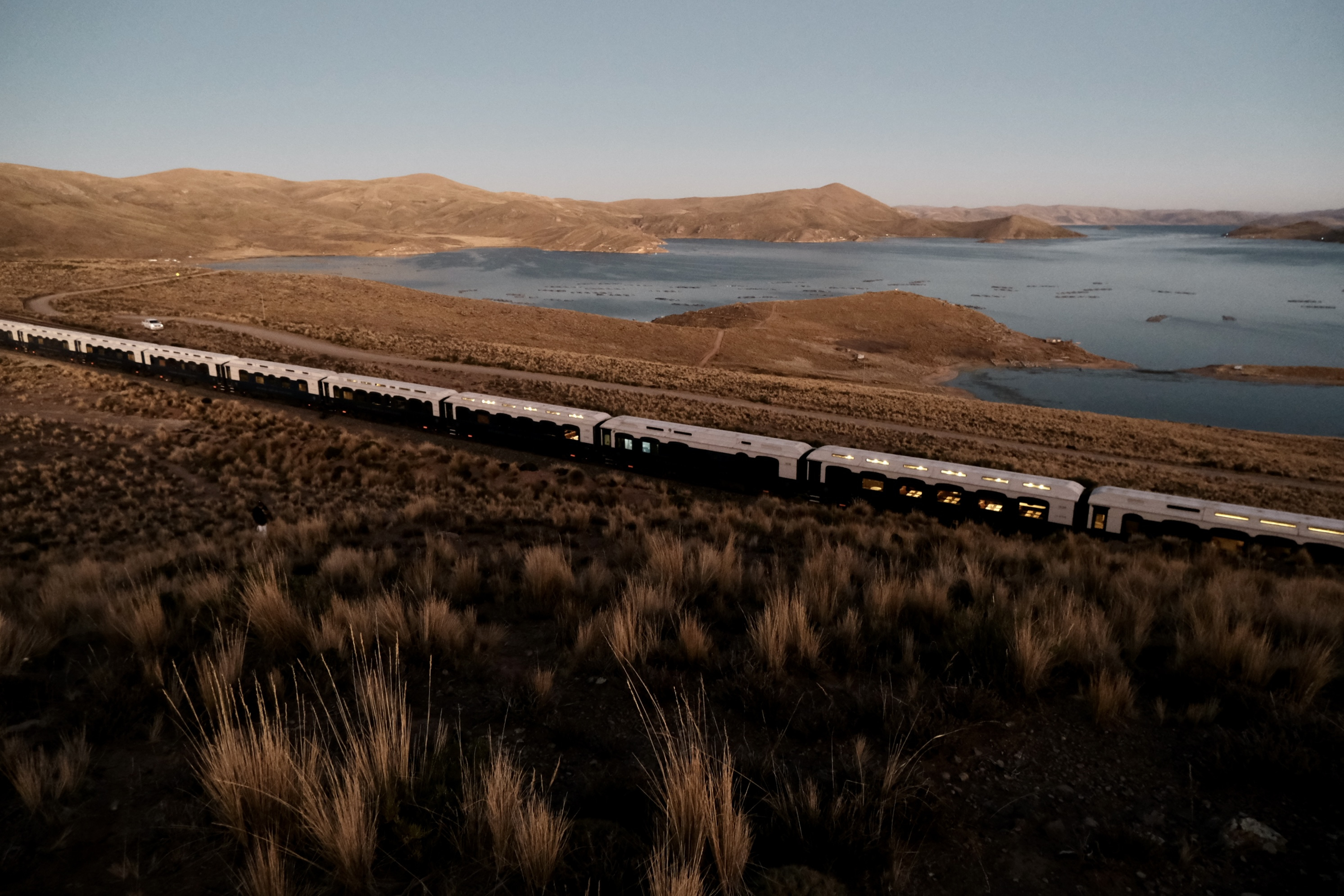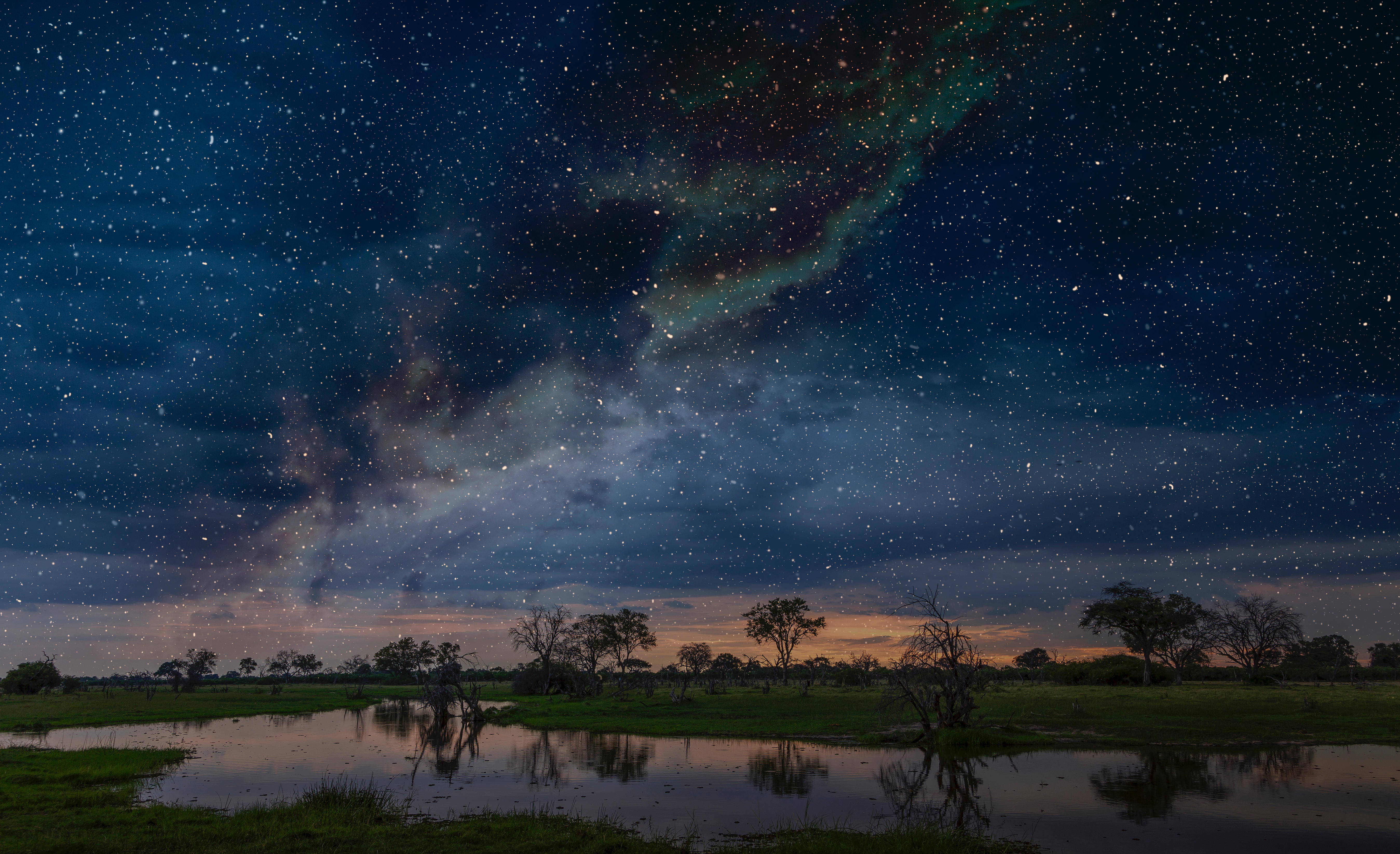Cape Town, 21st April 2022 - Today, Belmond Safaris announces support for conservation organisation, Wild Entrust Africa, as it works to mitigate the lethal conflict between predators and people in Northern Botswana. Belmond’s three distinctive lodges located in the awe-inspiring Okavango Delta (Savute Elephant Lodge, Eagle Island Lodge and Khwai River Lodge), will launch the partnership by providing six camera traps to assist the project’s ground-breaking scent-mark research.
Belmond Safaris’ guests will, by special arrangement, have the opportunity to visit the Wild Dog Research camp, or be able to hear from a Botswana Predator Conservation Programme researcher who can visit the lodge to talk about their fascinating and invaluable work.
BOTSWANA PREDATOR CONSERVATION PROGRAMME
One of the biggest threats to Africa’s wildlife, especially her predators, is lethal conflict with humans. The BioBoundary research project, started in 2007 under the Botswana Predator Conservation Programme of Wild Entrust Africa, aims to minimise this conflict by developing artificial scent messages that will keep predators away from livestock, and safely inside protected wildlife areas.
The BioBoundary project evolved from the Botswana Wild Dog Research Project, founded by Dr J.W. Tico McNutt in 1989. It focuses on the territorial behaviour of African wild dogs and leopards, animals that can often be seen close to all three of Belmond’s safari lodges. Why these species? African wild dogs are the most endangered carnivores in Southern Africa, while leopards – aside from being the graceful, elusive creatures everyone wants to glimpse on safari – create problems for livestock farmers.
KRAALS AND CONFLICT
Led by Wild Entrust Africa zoologist and analytical chemist Dr Peter Apps, the BioBoundary project has two main thrusts. The first is to put artificial African wild dog scent marks along the borders of conservation areas so that packs of these endangered dogs are deterred from leaving the safety of protected wildlife areas. Second, compounds identified in predator scents will be used as repellents at livestock kraals to reduce attacks on livestock by predators that live outside protected areas. There are vast areas of predator habitat within livestock areas which are home to resident populations of leopards, cheetahs, brown and spotted hyenas and small species like jackals, caracals and honey badgers. With predators kept away from livestock by scent repellents, the livestock owners will have no reason to kill predators.
Why BioBoundaries rather than wire fences? “Traditional fences offer little protection,” explains Peter. “Elephants knock them down, warthogs and aardvarks burrow beneath them. A wild dog-proof electric fence is extremely difficult and expensive to maintain and blocks the seasonal movements of herbivores that need to reach food and water. Artificial scent marks, on the other hand, will affect the movements of only the target species, and all the others can move as they need to. A perimeter BioBoundary is not a complete barrier,” says Peter. “What we are aiming for is to reduce the rate of excursions so that losses of livestock are at levels that people can live with and losses of predators do not threaten the predator populations.”
THE POWER OF SCENT
Scent plays a crucial role in the animal kingdom. “Mammals’ sense of smell is mind-bogglingly sensitive,” says Peter. But until the BioBoundary research was conducted, no one had realised that African wild dogs use scent-marking sites to communicate. The BioBoundary project has amassed a huge database of camera trap videos that record the dogs depositing scent in urine and faeces and by rolling on the ground, and the responses of subsequent visitors who read the scent messages and leave messages of their own. The latrines act as a bulletin board, enabling the packs to organise their mutual use of space and not range into each other’s territories. This knowledge is instrumental in understanding inter-pack communication and is a crucial step towards developing artificial home range boundary markers for this endangered species, that will deter the dogs from leaving protected areas.
Scent deterrents sound logical enough, but there are reasons why this solution has never been attempted before. A typical predator scent has upwards of 1,000 components that test the limits of analytical and synthetic chemistry. A perfect replication of the real thing would be technically impossible, and so the BioBoundary project focuses on identifying and replicating only the “Keep Out” messages. Many experts believe that there is no way to simplify a scent signal, but the BioBoundary project already has single-compound scents that elicit responses from predators in field experiments. Camera traps captured video of a leopardess approaching a repellent containing a single chemical that occurs in leopard urine; she stopped, visibly wrinkled her nose and made a swift U-turn. The camera traps also recorded African wildcats, genets, civets and slender mongooses’ scent-marking in response to the same odour, code-named 3M3MB. 3M3MB also protects kraaled calves from leopards, and other chemicals repel black-backed jackals, spotted hyenas, caracals and honey badgers.
POTENT BENEFITS
Furthermore, it only takes a minuscule amount of scent, housed in slow-release dispensers, to be effective. The artificial scent marks will also be cheaper than other methods while being 100% humane. In their final form, they will be easy to apply, low tech and require zero maintenance. Farmers will be able to buy them where they purchase livestock feeds.
The next result that the BioBoundary team is looking for? “When a wild dog scent-marks on top of an artificial scent mark – because that means the scent mimics its natural version.” This is where Belmond Safaris’ support comes in. New cameras + deployment of repellents = hoped-for breakthrough! Artificial scents that the dogs over-mark will be used to build a pilot-scale, prototype BioBoundary.
CAMERA CONTRIBUTION
The funds from Belmond Safaris will support the acquisition of six camera traps and their ancillary equipment – SD cards, rechargeable batteries, steel poles and brackets, armoured boxes to protect the cameras from elephants, and hard drives for archiving the irreplaceable raw videos. The funds will also support the field operations that deploy the cameras, service them and recover the videos.
Belmond Safaris’ Head Environmentalist, Isaac Seredile, says: “We are so excited to make a valuable contribution towards the success of the research and we will be engaging with the researchers on a regular basis. It makes sense for all of us who love nature to do whatever we can to make sure humans and wildlife coexist with minimum conflict.”
Christelle Horne, General Manager of Belmond Safaris, adds: "Belmond Safaris is thrilled to link up with Wild Entrust in areas we’re both passionate about – endangered wild dogs and our beautiful leopards. We look forward to a long working relationship and to assisting them in their vision of educating future generations to ensure the longevity of both species.
